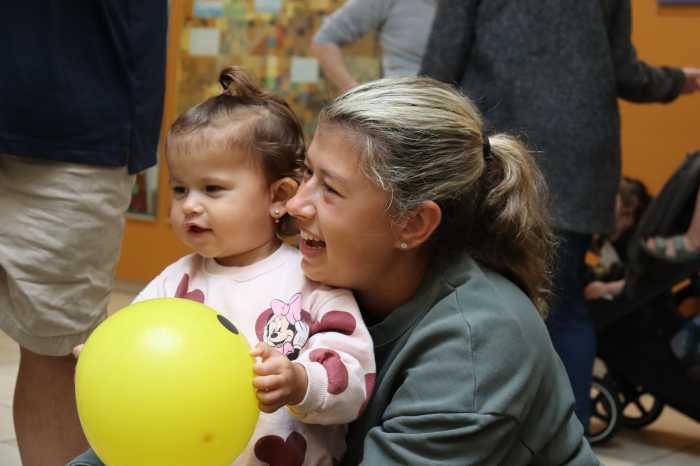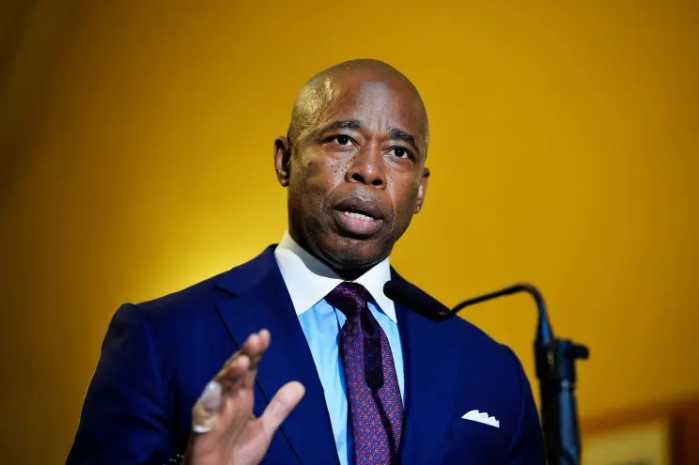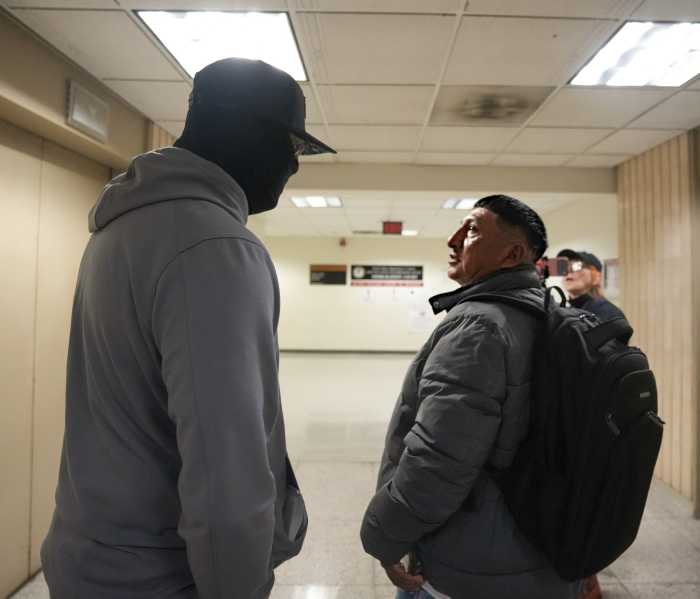A new report from the LGBTQ media monitoring group GLAAD reveals there are still high levels of stigma toward people living with HIV in the US.
Findings from the second annual report, “State of HIV Stigma,” which surveyed more than 2,000 adults between January 14 to January 29, show that nearly half of all Americans lack education about people living with HIV. According to researchers, this discomfort has also spilled into professional settings, with a majority of those surveyed stating that they are uncomfortable interacting with business owners, doctors, and other employees who are living with HIV. When compared to other areas in the US, the deep South continues to face disproportionate levels of HIV stigma despite the region having some of the highest HIV diagnosis rates.
The report indicated that 48 percent of all Americans feel “knowledgeable about HIV,” which is a decrease of three percentage point from last year’s report. Experts pointed out that low levels of HIV education coincide with elevated rates of HIV-related stigma. According to the report, 87 percent believe there is still stigma around HIV, and only 42 percent of respondents said they agree that an individual on proper medication for treatment cannot transmit HIV.
This stigma is also driving unprecedented levels of discomfort around healthcare workers and other employees living with HIV. Fifty-three percent of respondents said they would be uncomfortable receiving help from a medical professional with HIV; 44 percent would be uncomfortable around a hairstylist or barber living with HIV; and 35 percent would not be comfortable with a teacher living with HIV, the report states.
Researchers also found heightened levels of HIV stigma in the south and midwest, with at least 54 percent of non-LGBTQ individuals stating that they would feel uncomfortable having a doctor who has HIV when compared to 45 percent in the northeast and west.
“For the second year in a row, we are finding that HIV stigma remains high while HIV knowledge remains low amongst Americans,” DaShawn Usher, the associate director of GLAAD’s Communities of Color program, said in a written statement. “We have to think critically and intentionally about how we truly equip and engage everyday Americans with the facts, resources, and scientific advancements about HIV if we want to end the epidemic. We must hold the media accountable to the 1.2 million Americans living with HIV who are not seen, represented, or discussed. Their stories matter and are beyond worthy of being told.”
Advocates stated that providing accessible information about HIV can combat misinformation.
“People fear what they don’t know,” Kia Colbert, director for the COMPASS Coordinating Center at Rollins School of Public Health at Emory University, said in the report. “Stigma is rooted in fear, thus for every accurate piece of information and knowledge that is available, there is an equal amount of misconceptions based on preconceived notions about the virus.”
Following this year’s findings, advocates at GLAAD are also calling for more representation of people living with HIV in the media. In a statement to GLAAD, out non-binary actor, Jonathan Van Ness of Queer Eye, who is living with HIV, echoed the harmful effects of HIV/AIDS stigma.
“We continue to do our work of educating folks on living with, the treatment of, and prevention of HIV/AIDS, but a culture stigma and ignorance still exists for so many people,” Van Ness said in a written statement. “A lack of compassion and stigma will continue to allow HIV/AIDS to hurt people in all communities until everyone in every community prioritizes ending the judgment and cruelty that is preventing healing for everyone affected by the HIV/AIDS pandemic.”
HIV stigma was on full display last month when Dababy, a rapper hailing from Charlotte, North Carolina, spewed hateful and inaccurate remarks about people living with HIV. According to video footage of the incident, Dababy told fans, “If you didn’t show up today with HIV, AIDS, any of them deadly sexually transmitted diseases that’ll make you die in two or three weeks, put your cellphone light in the air.”
Public health officials have long fought against false statements like this with national HIV/AIDS campaigns such as “Undetectable Equals Untransmittable (U=U),” which means that people with an undetectable viral load for at least six months cannot transmit the virus to others.
Earlier this year, “Pose” actor Billy Porter revealed that he is living with HIV for the first time. In a cover story for the Hollywood Reporter, Porter described how the weight of HIV stigma prevented him from sharing his HIV status with others, including his mother.
“This is what HIV-positive looks like now. I’m going to die from something else before I die from that,” Porter penned in an essay told to journalist Lacey Rose for the Hollywood Reporter. “My T-cell levels are twice yours because of this medication. I go to the doctor now — as a Black, 51-year-old man, I go to the doctor every three months. That doesn’t happen in my community. We don’t trust doctors. But I go to the doctor, and I know what’s going on in my body.”
To sign up for the Gay City News email newsletter, visit gaycitynews.com/newsletter.














